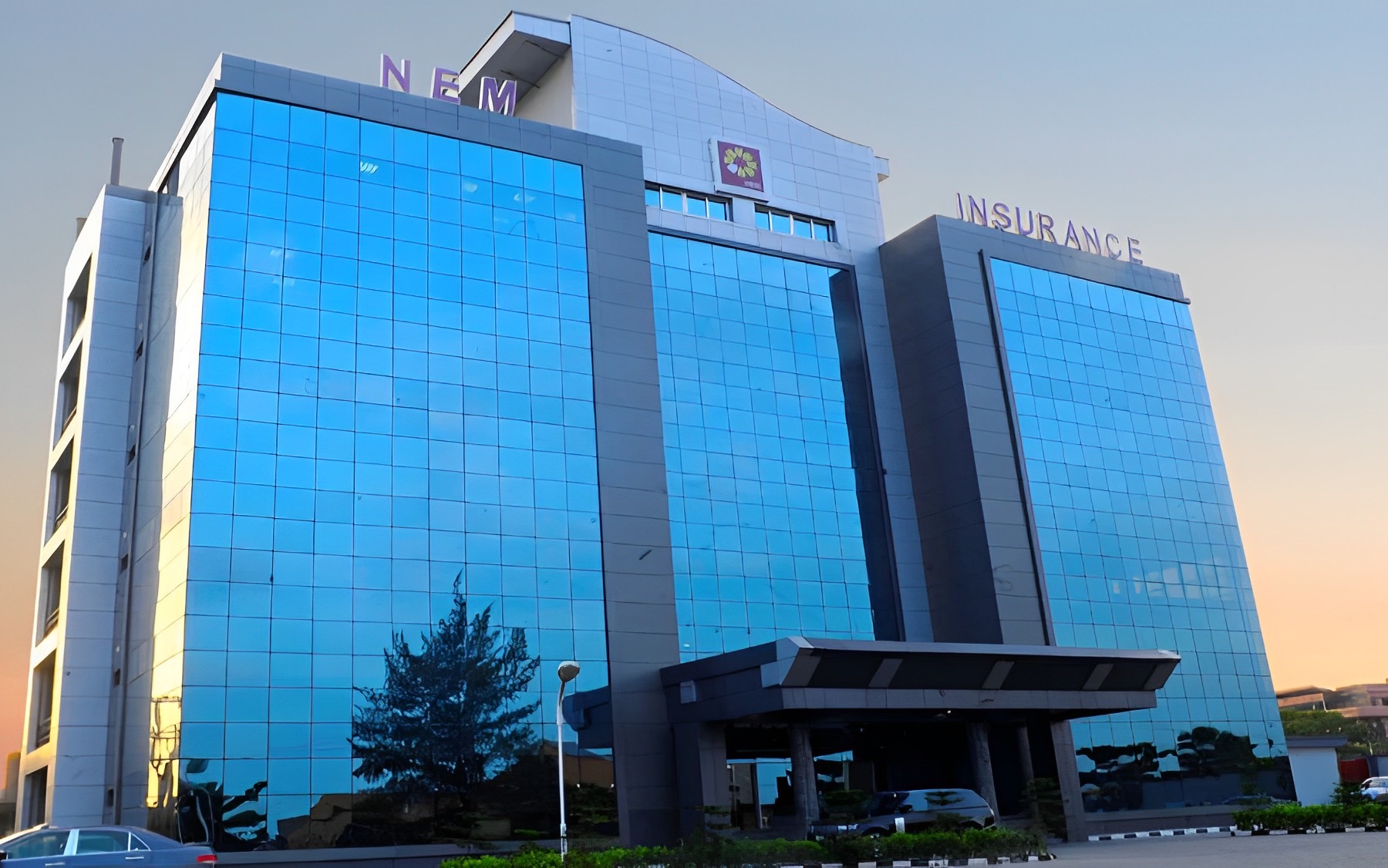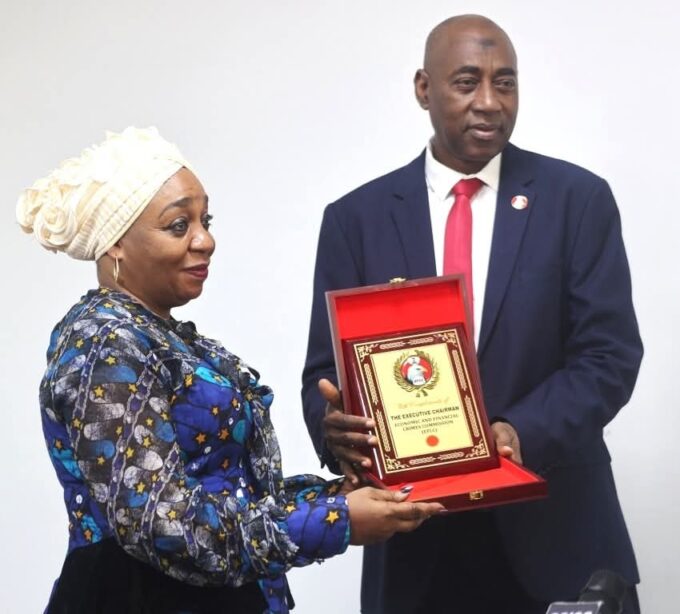Dr. Akin Ogunbiyi, Chairman, Mutual Benefits Group
I want to take this opportunity to welcome you all to today’s event; the 5th anniversary/Awards of BusinessToday. Five years of exemplary performance in using their online platform to showcase national and global financial news as it breaks in clear and concise manner for ease of understanding. This is certainly not a small feat in an era where the internet/social media is full of inaccuracies and junks. My sincere appreciation and commendation go to Nkechi the Editor-In-Chief of BusinessToday and her hardworking colleagues. They have given the Nigerian Insurance Industry a credible platform to showcase its contributions to the growth and development of the Nigerian economy.
The theme of today’s event is “Repositioning the Nigerian Economy: Insurance and Pension industry perspective.” The roles of the Insurance and pension industries cannot be overemphasised in the development of any economy. Some of these I would like to highlight as follows:
• Accumulation of large amount of financial resources
• Provision of long term capital and stability in the economy
• Reduction in poverty level
• Availability of capital for Government’s infrastructure development
• Employment generation
• Direct contribution to the Gross Domestic Product of the nation.
The Government through her agencies have taken certain steps in ensuring that the Insurance and Pension Industries contribute their quota to the development of the Nigerian economy. For example, the enactment of the Pension Reform Act of 2004 have provisions with the following primary objectives:
• Ensure that every worker receives his retirement benefit as at when due.
• Empower and assist the Nigerian worker to cultivate a savings culture in order to cater for their livelihood after retirement.
• Mobilise long term savings.
• Stimulate the development of an efficient capital market.
• Provide long term finance for the real sector
• Promote GDP growth.
PENCOM should however explore the avenue of bringing the informal sector in the scheme as well as increase the investment vents of pension funds especially within the infrastructure space.
Similarly, the National Insurance Commission (NAICOM) had introduced streams of capitalisation increases to the industry since the enactment of the Insurance Act 2003. The last mandatory recapitalisation was in 2007. Life, non-life and composite firms were asked to shore up their capital from the initial N150m, N200m and N350m to N2bn, N3bn, and N5bn respectively. Reinsurance firms were asked to recapitalise from N350m to N10bn. The companies that successfully raised their capital were transformed into mega firms.
The Commission also came up with the ‘Market Development and Restructuring Initiative” (MDRI) with the aim of growing the insurance industry significantly by the year 2020. The MDRI’s objectives are as follows:
• Ensure compliance of the five compulsory insurances.
• Eradicate fake insurances in the market
• Re-organise the insurance distribution system by ensuring wider availability of insurance services.
The focus of the above mentioned initiative was to increase market penetration, promote the inclusion of the informal sector in insurance services, and support the drive to increasing the industry’s Gross Premium Income (GPI) to N1 trillion by 2020. This would have translated to a 14% contribution to the nation’s GDP from the abysmal 0.67% it currently contributes.
The MDRI initiative remains the potent and proven policy to drive the Nigerian insurance industry towards attainment of its potentials!
Let me make some few comments on the recent efforts of NAICOM towards repositioning the Nigerian Insurance Industry through the RBS and TBMSC.
First was the much talked about Risk–based supervision which the industry prepared for its introduction and implementation in 2018. The policy was to restrict the business the insurance companies can do to the capital they have. Again, the main issue here is capital base. While the industry is grabbling with the realities of the possible implementation of this policy; here comes the Commission’s plan to introduce a new policy: The Tier based capital requirement whereby a Tier 1 composite insurance company would require a solvency capital of N15bn (FIFTEEN BILLION NAIRA) i.e. about USD42 million. This is AGAINST AN AVERAGE OF USD10m IN THE AFRICAN INSURANCE MARKET.
The new policy is backdated to the financial year end of 31st December, 2017. That is, only companies that have that level of solvency capital as of 2017 year end take advantage to be able to participate in all available businesses in the country. Though very fatigued now, existing shareholders/investors are not given any opportunity to ‘safe’ their investments.
Some pertinent questions here…
Is it only capitalisation that can drive insurance development in Nigeria giving the experience of other African insurance markets? What has been the contributions and performance of the industry since the 2007 recapitalisation exercise? What level of returns (Return on Equity/Return on Investment) have accrued to the investors and shareholders of the industry ever since? Who are the target investors expected to shore up the new capital call even if there was time.
I also find very interesting recent comments and rather overly simplistic deductions that if the top three banks in our country have capital in excess of N300billion each, then the three top Insurers with between N14billion and N25billion each, is a sign of under-performance by the entire industry and its failure to most assuredly complete the Nigerian Financial Industry loop, very interesting analysis.
Insurance, by its very nature and function, enables and supports the growth and development of an economy. Whether it is playing its role well or not can be assessed by how well these “enabling and supportive roles” are being achieved on a daily basis.
Its function thrives on its valuable role to the development and growth of the unique market place. For instance, how relevant are its services to the promotion of the livelihood of 140million Nigerians across the various income groups. Does the insurance service resonate with efforts to develop and grow commerce and industry in Nigeria? What is the role of reinsurance market/practice and the huge/extra-ordinary underwriting capacity it provides across borders?
Let us upend our strategies and not continue with the traditional stereotypes that ‘money or capital provides solutions to all problems! Beneficial values across volumes will surely and in a sustainable manner generate the much needed inflows.
Today in Nigeria, government (at all levels) pays the biggest premium whenever it decides to insure its assets. The NNPC account, for instance automatically makes whichever company gets the business the number one in the industry. So, making it exclusive to companies in Tier-1 of NAICOM’S TBMSC will definitely promote the growth of a few practitioners. We would thereby by default create behemoths.
Unhealthy competition, unethical way of doing business, popularly called rate-cutting, inadequate technical knowhow, and lack of insurance penetration; are big road-blocks in the way of development and growth of the industry. So, how will a policy of exclusion solve these problems?
The Commissioner for insurance, Alhaji Muhammed Kari remarked that “the Nigerian insurance institutions must review and where necessary, enhance their capital, risk management and governance in order to survive the interesting future ahead”. He stated further that “the growth of the industry was hinged on the right products, innovation, prompt claims payment and healthy competition”.
Let us ask ourselves: will hierarchal standards, rules, statutes or regulations expand existing market boundaries? Will they open unknown markets or untapped market spaces?
This development in my opinion could be counter-productive, anti-growth and disruptive. The immediate implementation of the Tier based rating could lead to the following among others:
• Crisis of confidence for the entire insurance industry where only about 7 of the 29 companies qualify under the new standard.
• De-listing of Insurance stocks from the Nigerian Stock market. Insurance stocks already classified as penny stock due to inability to support pricing by regular dividend payments
• Hostile take-overs for peanuts especially by foreign investors with short term gains as focus
• It might be practically impossible to fully implement the provision of the Local Content law
• The Rebranding project of the insurance industry may suffer a major set- back as the public perception of some companies and the entire industry will be affected adversely
• There will be significant job loss
As an industry, we need to urgently adopt a value innovation strategy to enable us provide relevant affordable products for our teeming population. My advice is that as a priority, we must align insurance services to the unique lifestyles of our citizenry in all income groups.
The pension industry which was the traditional business of insurance is a case under reference here. With extant laws introduced in 2004, technical capacity, good governance and best practices; pension assets is now over N7trillion as against N70bn for the several decades it remained with us.
I believe today’s shrinking profit pool and the overall performance of our industry can only be checkmated by innovation, technical capacity, healthy competition, adoption best practices, governance structure and creating “blue oceans of untapped new markets”.
Thank you.
Dr. Akin Ogunbiyi
August 28th 2018
8














